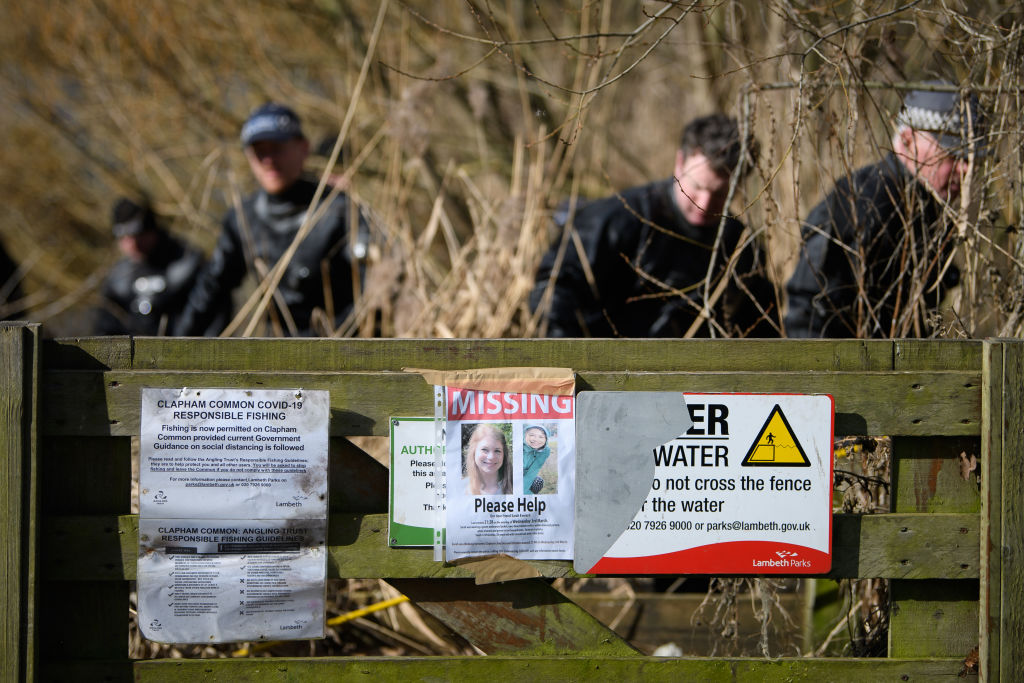Sarah Everard’s disappearance has sent shockwaves throughout the capital. The case has led to women sharing stories of how they don’t feel safe walking the streets at night. One Green party peer has said men should face a curfew until things change. Others have called for men to ‘educate themselves’ about the fears women face in the wake of this tragic story. But is this really the right approach? I’m not convinced.
What is clear is that Sarah Everard did nothing wrong. Returning from a friend’s house on that fateful night, she wore bright clothing, she walked down a main road, she called her boyfriend on her way back.
For women, decisions about personal safety are a part of everyday life. I asked a close group of female friends what precautions they take and the list is endless: don’t listen to music through headphones, carry a rape alarm, cross streets regularly, send their location, call someone, only walk down well-lit streets, don’t wear heels, carry your keys between your fingers. We are already used to being hyper-vigilant. And the reason why Sarah Everard’s story has resonated with so many is because it’s a daily fear that has manifested into a real life horror.
Calling for male curfews isn’t the answer
However the outcry of ‘we need to educate men better’ isn’t necessarily the solution. The presumption that men assault women because they don’t know any better is absurd, and, quite frankly, dangerous. It lets predators off the hook because it suggests they can somehow plead ignorance, or makes it sound like men don’t have an inherent sense of right and wrong. Do men really need to be ‘taught’ to not attack women? Do men who do those things really think it’s okay? Isn’t the whole reason why these perpetrators are so terrifying is because they know it’s wrong, but do it anyway?
Calling for male curfews isn’t the answer either. Women losing their freedom of movement is wrong, but saying the same should be inflicted on men just breeds hostility at a time when we should be showing unity and support. It’s well worth remembering that men are more likely to be murderers, but they are also more likely to be murdered – around two-thirds of homicide victims are male. They are also more likely to be the victims of violence and robbery. That doesn’t mean we should enforce a curfew for their protection, and all it does is add fuel to the ‘not all men’ debate.
The majority of violent crimes against women are committed by someone they know, and it is estimated that the number of domestic violence cases have increased by 20 per cent since the start of the first lockdown. There are other structural changes that we need to focus on.
Firstly, there needs to be harsher sentences for men convicted of killing their partners. Anthony Williams was only sentenced to five years for killing his wife last March, despite telling the police he had ‘choked the living daylights’ out of her. Timothy Brehmer was given a paltry sentence of ten-and-a-half years for strangling his lover after she threatened to tell his wife about their affair. Thomas Griffiths stabbed his teenage girlfriend 13 times in the neck; yet he could be out of prison before he is 30. Joe Atkinson, who attacked his girlfriend with a kitchen knife leaving her with over 100 injuries, was handed a 16 year sentence for taking away her life.
Some of these killers were given softer sentences because the kitchen knives used on their victims were already at hand; if a weapon is taken to a murder scene, the prison sentence starts at a minimum of 25 years.
This disparity in sentencing needs to change so that the families of these victims can receive real justice
Secondly, the police need to take reports of sexual harassment more seriously. According to a survey from UN Women UK, 97 per cent of women aged 18-24 have been sexually harassed. Only four per cent reported it to the police, with 45 per cent saying they didn’t believe it would change anything.
While the term sexual harassment covers a range of offences, lesser crimes like voyeurism, intimidation and indecent exposure are still unacceptable and can easily escalate into more serious ones. Rape convictions are at a record low, and only around 15 per cent of victims of sexual violence bother reporting what happened to the police at all. Male victims are even less likely to come forward despite sexual offences against men and boys tripling in the last decade.
Sarah Everard’s disappearance is tragic and terrifying. No one should blame all women for walking home alone at night, and no one should blame all men for what happened to her either. Instead, we need to stop the in-fighting, and see this as an opportunity to campaign for real, legal, systemic change






Comments